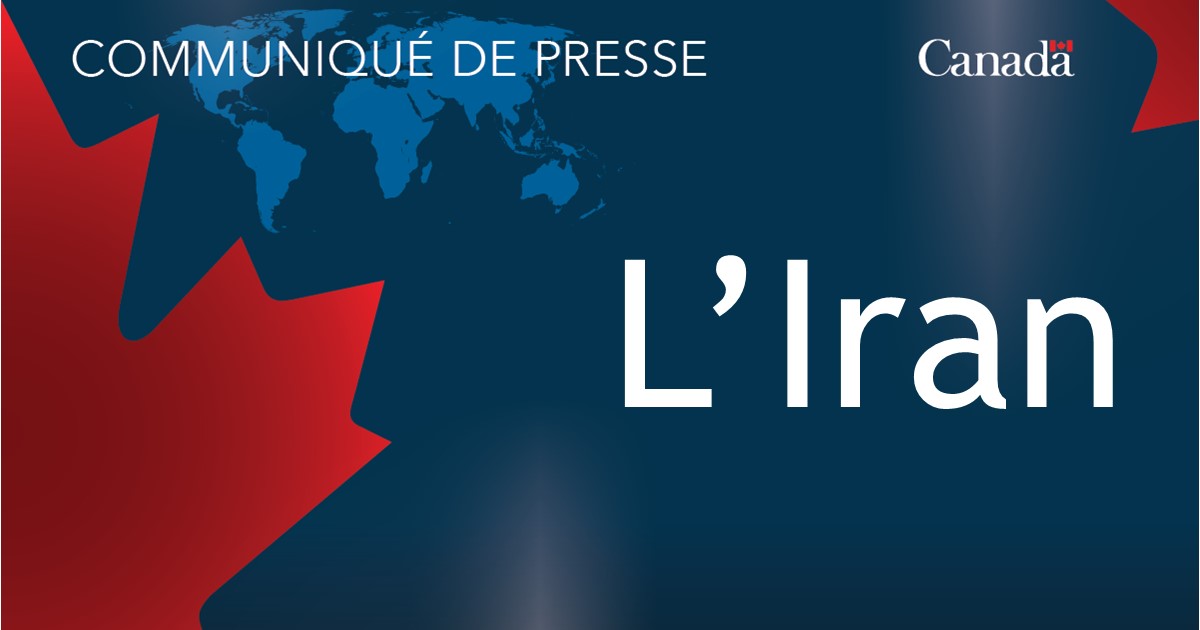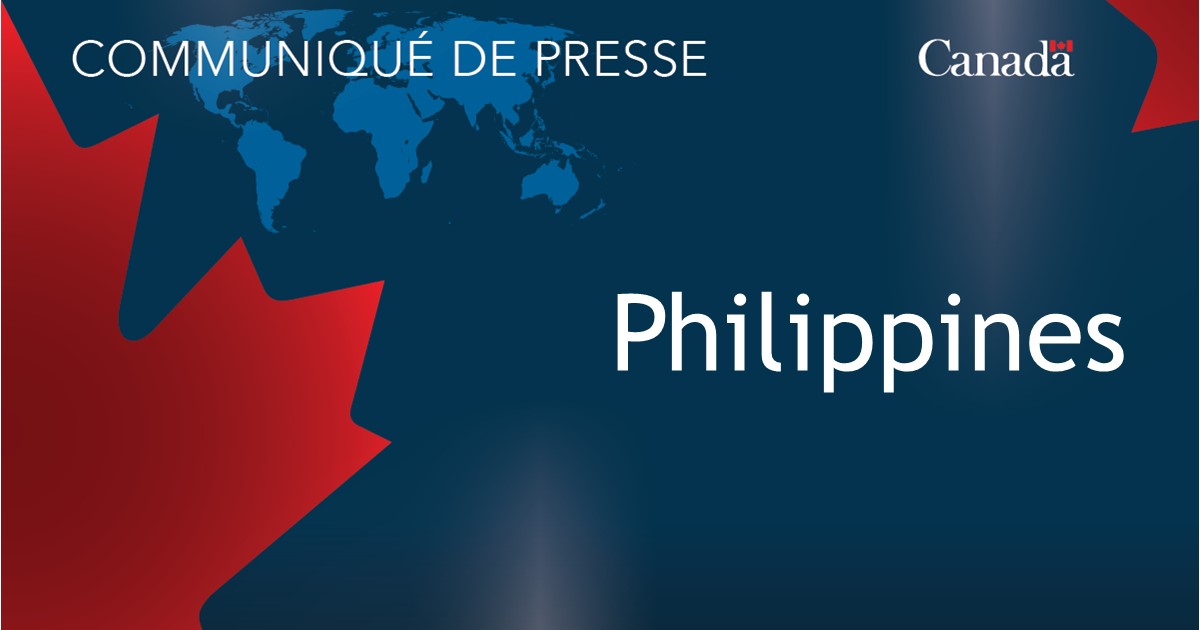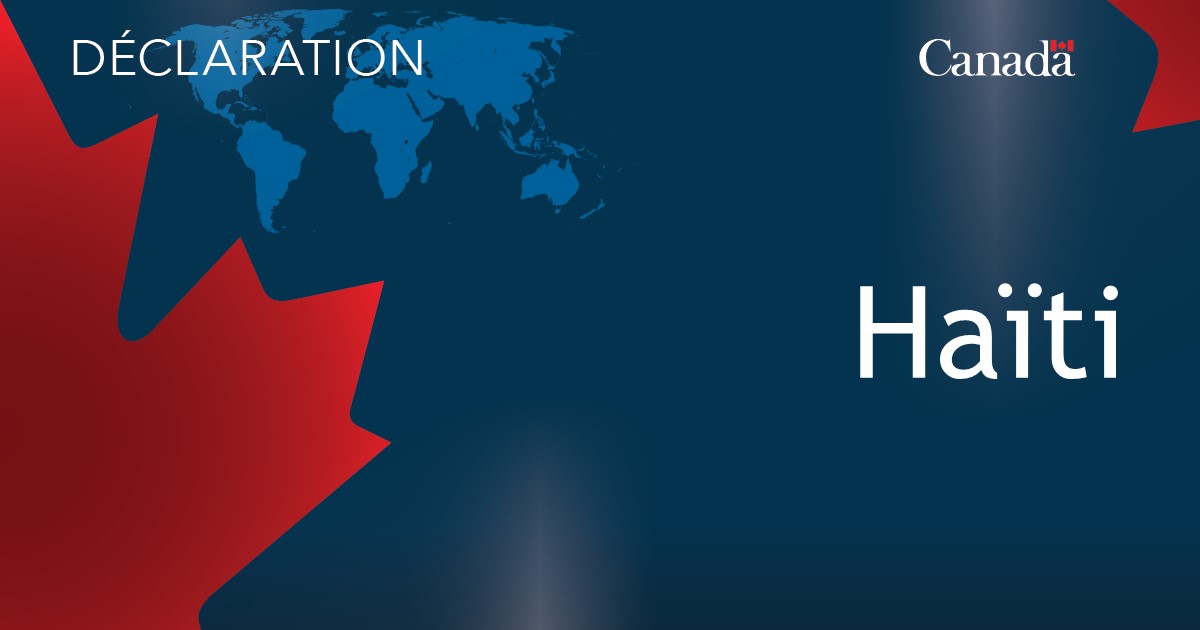(OTTAWA) As the federal government prepares its spring budget, experts say Liberals should consider tighter spending rules and tax hikes to improve the state of public finances.
This budget, due in two weeks, comes at a time when the Liberal government is under pressure to limit spending to avoid rowing against the Bank of Canada’s inflation-control initiatives.
The central bank has aggressively raised interest rates over the past year to curb consumer and corporate spending. Excessive government fiscal stimulus could derail some of these efforts.
Canada could also experience a recession this year, which would affect government tax revenues. In the face of these challenges, Treasury Secretary Chrystia Freeland assured that her government is committed to fiscal responsibility. “I am very aware that we are preparing this budget at a time of significant budgetary constraints,” she said last week, days before announcing the budget would be presented on March 28.
But experts admit that to be truly fiscally responsible, Liberals will need to make difficult decisions that may not make political sense or be beneficial in the short term.
Former Parliament Budget Officer Kevin Page says there is a political bias that leads governments to prioritize deficits over tax increases. He believes the current government has been “rightly criticized for pursuing relatively loose fiscal policies” and has resisted pressure to introduce tighter fiscal targets.
These fiscal targets, or anchors, are spending rules that guide government decisions about public finances. Mr. Page, who currently heads Ottawa’s Institute of Fiscal Affairs and Democracy, explains that these fiscal anchors help protect governments from the temptation to borrow more and more.
The current government’s fiscal anchor over the medium term is to reduce the amount of debt relative to the size of the economy – the “debt ratio”. The Liberal government has also pledged to cut its spending related to the pandemic.
Robert Asselin, senior vice president of policy at the Business Council of Canada, believes the current government’s budget anchoring is inadequate. Instead, he advocates capping government debt financing to a percentage of gross domestic product (GDP).
Tax increases or cuts?
Conservative leader Pierre Poilievre has criticized the Liberal government’s spending spree, accusing it of being the cause of inflation. On the eve of the next budget, he is urging Liberals to limit spending, promising to match every new dollar spent with cuts elsewhere in public finances.
The Conservative opposition leader also wants tax cuts that would further widen the deficit if the government doesn’t cut spending at the same time.
When asked what should be cut in program spending, Poilievre cited the CBC/Radio Canada budget, the use of private consultants and the government’s promised takeover of what Liberals call “guns”.
Some public policy experts advocate taxes or tax hikes instead, as government revenue is part of the fiscal responsibility equation.
A shadow budget recently released by the CD Howe Institute makes the same recommendation, proposing an increase in GST. “One of the main motivations behind this shadow budget is to ensure that Canadians who have benefited from massive pandemic-related federal spending should help pay for it,” the economic think tank’s report said.
Robert Asselin, budget director for former Liberal Treasury Secretary Bill Morneau, argues that for the past 20 years successive governments have been reluctant to raise taxes.
But he believes that the federal government can no longer finance its spending through deficits. “At a certain point, he either cuts his spending or increases his income. »
Given the long-term challenges surrounding the green transition and other priorities of this administration, Mr Page also thinks it might be time to talk about tax hikes.
On the way to the “green turn”
The federal government should announce major investments in the “green turn” in this budget. These measures are intended to keep Canada competitive on a global scale in light of the significant investments made by the United States last summer under the Inflation Reduction Act.
“As a government, we truly believe that a historic window is opening in Canada right now to build Canada’s 21st century industrial economye century,” Minister Freeland said last week.
Although these measures can entail large spending commitments, economists generally find that such investments can benefit the economy.
But Page warns against separating these investments from other spending decisions because they have different effects on the economy and inflation.

Incurable food practitioner. Tv lover. Award-winning social media maven. Internet guru. Travel aficionado.







